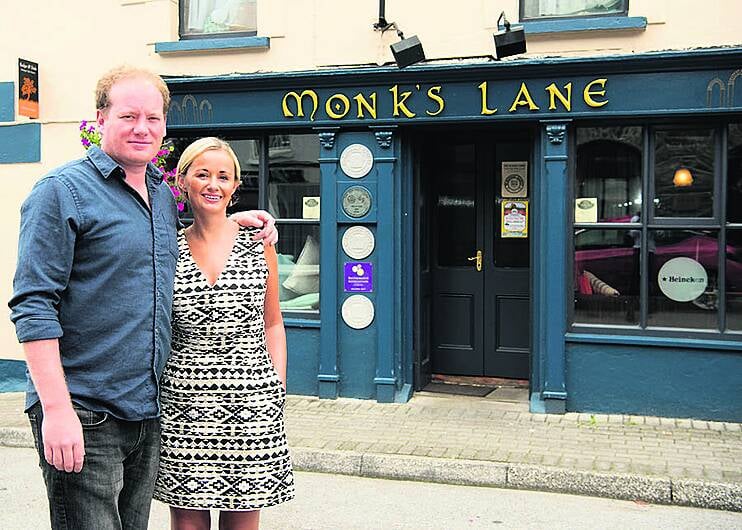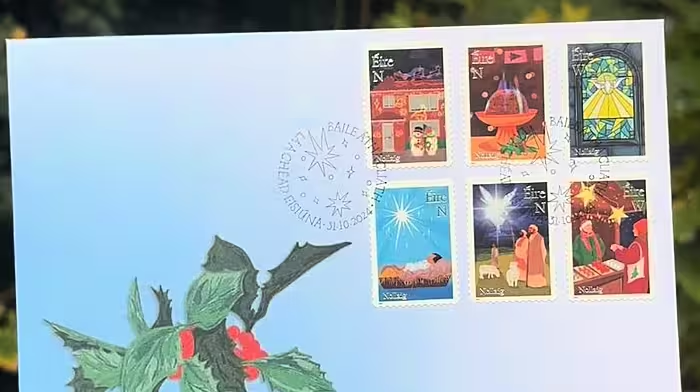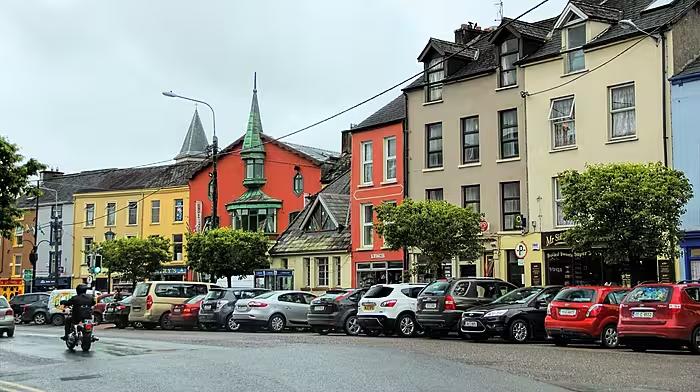Cork is the county which has been worst hit by pub closures in the past 12 years. Those that remain are fighting for survival
Cork is the county which has been worst hit by pub closures in the past 12 years. Those that remain are fighting for survival, by concentrating on the quality of the product and good customer service, hoping to ride out the storm
By Emma Connolly
FEWER people now go to the pub purely for a drink – it’s all about a much bigger ‘experience,’ incorporating food and ambience.
Known as the ‘destination pub,’ these premises are located off the beaten track in random villages and townlands, but none the less, see people go out of their way to visit.
And while incorporating a food element to your pub business makes for much harder, more labour intensive work, with a lower return, those who are doing it in West Cork, and doing it well, say it’s essential to their survival in what’s an increasingly difficult sector to make a living.
That’s borne out by figures released by the Drinks Industry Group of Ireland last week which showed Cork was worst hit by pub closures in the 12 year period from 2005.
As reported in last week’s Southern Star, fears were expressed among local industry interests, for the future of the rural pub in this region.
A severe shortage of hackneys and taxis in this area was cited as a primary obstacle to getting customers through the doors.
Monk’s Lane in Timoleague village, run by husband and wife team Gavin and Michelle Moore is one such ‘destination pub’ with a customer base from all over Cork.
‘The local food and drink scene is really exploding,’ said Gavin. ‘And the customer is getting more discerning – we find it’s more about quality than quantity.’
Despite their massive success, he does have concerns about the area’s lack of hackneys.
‘It’s a serious issue around here, including in Clonakilty. Essentially if people can’t get home, they just don’t/ won’t come out. We just can’t figure out why more licences aren’t being issued.’
Well-known West Cork vintner Kevin O’Donovan of Scannells in Clonakilty, agreed.
The bar in the town centre boasts a strong reputation for its food offering, and developing this side of the business was ‘necessary’ said Kevin.
‘Fewer people are coming out just for drinks – it’s a far more challenging environment now and you have to adapt, even if the food side of things is more labour-intensive with a smaller return,’ he said.
He also pointed out that having people in during the day for food created a ‘buzz’ which encourages other business to start.
‘We do depend more on the weekends. Young people will come out in their droves on a Saturday night, but a random Tuesday night doesn’t really happen. It’s a harder scene to make a living.’
Again he pointed to a lack of hackneys and taxis being a contributory factory.
‘Something has to be done by the government to make it less cost-prohibitive in terms of their insurance and licence fee to address their availability, and to also make them more cost-friendly for the customer.’
The Mountain House in Ardfield, run by Pat and Carol O’Sullivan, has been attracting lots of positive reviews this summer.
The couple have run the business for the past decade, but only introduced their dining room last March. Since then it’s become one of the ‘must visit’ spots on the local gastro pub circuit.
French chef Fred Desormeux, previously of Greene’s in the city’s MacCurtain St, joined the team, having relocated to West Cork recently. He has been a big part of their success story.
Manager Dermot Scally explained how the decision to go down this route had really paid off.
‘People are prepared to travel for food – it’s all part of a bigger package. Having said that, the lack of taxis is an issue and we are seeing people operating a ‘designated driver’ system more and more.’
Fergus O’Mahony of Mary Ann’s in Castletownshend, renowned for their food, said the industry was starting to improve slightly, but things were still very tough.
‘We’d still be 40% below 2007 – quite simply, people don’t have the disposable income,’ he told The Southern Star. In his 36th year in business, he said the transport minister ‘should be sacked’ for ‘killing rural Ireland’.
‘We also pay huge rates – but for what? There are so many costs involved in running a business; there have to be more government initiatives introduced.’
Wife Tricia agreed, and specifically pointed to initiatives to encourage more young people to enter the sector, as well as developing rural transport.
Fine Gael Minister of State, and a former publican himself, Jim Daly, acknowledged ‘there are obstacles making it difficult for the public house business to thrive, largely due to the lack of transport, private and public, across rural Ireland.’
However, he confirmed he is pushing for an Uber type approach where people can provide transport with their own private car if they wanted to for a fee, provided they have NCT, insurance and garda clearance.
The Minister said: ‘Rural-link is providing a fantastic service and that will evolve further. But there are a thousand roads and boreens it cannot reach.
‘There certainly are obstacles facing publicans that need to be given more attention by government, the most obvious of these is the lack of available transport home from the pub, after taking a view drinks. That is why I am working with the ministers for Justice, Transport and Rural Affairs to examine methods of making it easier for people to offer their services to drive people home, for hire or reward, and also for people on the other side of the fence to book transport home after a night out.
‘We all know people who would love to offer a taxi service home to locals for a few bob, but currently it is illegal without a hackney or taxi licence.
‘In the coming months we will examine ways to make it easier tow allow more people to become hackney drivers in rural Ireland – this process is ongoing presently.’







